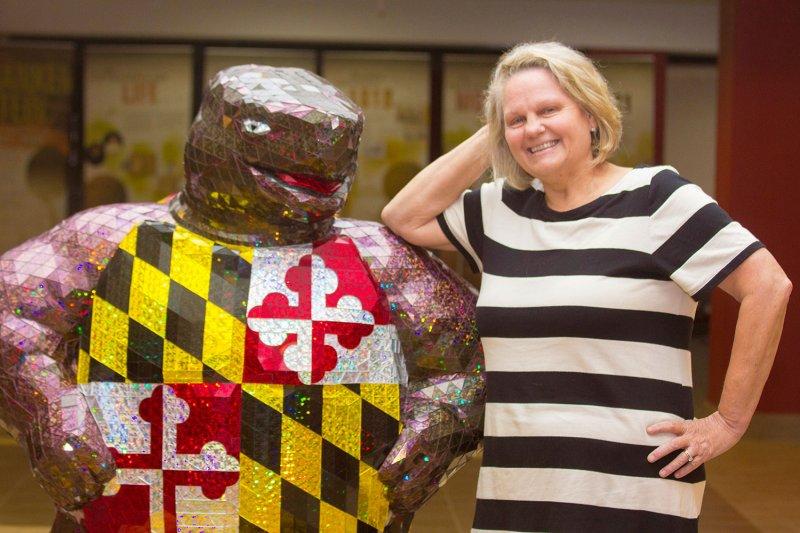Students will work online with their international partners in Brazil to critically think about cutting-edge ethical, legal, policy and scientific issues in the field of Assisted Reproduction Technologies (ART) in the two countries.
Terms Offered
Fall 2020
Summer 2021
Fall 2022
Fall 2023
Fall 2024
Fall 2025
Course Details
In this course, U.S. students will work synchronously online with their international partners in Brazil to critically think about cutting-edge ethical, legal, policy and scientific issues in the field of Assisted Reproduction Technologies (ART) in the two countries. This course looks at conventional families created in unconventional ways to examine such topics as sperm and egg donation, in vitro fertilization, surrogacy, reproductive organ transplants and more - while considering the social, cultural, racial, religious, economic, or socioeconomic contexts that influence each.
This course fulfills an upper-level course requirement in PHS and is approved as an upper-level option course for FMSC. Watch this short video clip to learn more!
Number of credits: 3
How You Will Learn and Work
This is a Global Classrooms Signature Course. Students will work with their foreign peers in small groups to compare ART in each country and then create proposed legislation for either the U.S. or Brazil which their international group will present online to their colleges and submit to the country's legislators. In so doing, students will be challenged to think critically and see their place in creating actionable change in a global society.
Cultural Connection
Brazil
General Education Credits
None
School/College
School of Public Health
Prerequisites & Restrictions
None
Faculty Highlight

Kerry Weil Tripp
Kerry Weil Tripp, J.D, is a lawyer and faculty in FMSC, has taught legal course to undergraduates and graduates for over a decade. She is the author of "Family Law for Non-Lawyers.
For over a decade she has taught, among other things, the major's required Family Law classes to graduates and undergraduates. She is also the author of the textbook "Family Law for Non-Lawyers" which was published in 2014 and revised in 2016. It is used in several major universities throughout the U.S. including Boston University and the University of Indiana. The 600 page book surveys family law, familiarizing the reader with similarities and differences in the law throughout the U.S. and serves as the basis for looking at other countries' family law systems like Cuba. "Family Law for Non Lawyers" also covers contentious issues like marriage equality, birth control, and assisted reproduction which challenge the family law systems of both Cuba and the U.S. Kerry also teaches family mediation to undergraduate and graduate students. Each semester, she supervises an average of four undergraduate research assistants and teaching assistants. For the Fall 2016, Kerry was recently selected as a UMD Undergraduate Research Fellow to study the issue of student integrity. She has served two terms as a member, and the only lawyer member, of the University Senate's Student Conduct Committee which was tasked with reviewing the UMD policies on academic integrity and student honor code, including procedures for responding to sexual assault allegations. In addition, her career has entwined academics and the law for over 30 years, having served on a committee for the National Committee of Bar Examiners in California during the 1990s, guest lectured at law schools, serving as an Interim Department Chair and Associate Professor as well as practicing law in major law firms in California and Maryland. Kerry received her Jurist Doctorate in 1985 from the University of Notre Dame Law School where she was the co-director of its Legal Aid Clinic and taught a class on citizenship and the law to local at-risk elementary school students. Before graduating magna cum laude and receiving her Bachelor of Science degree from the University of Pittsburgh she was the recipient of the prestigious Vira Heinz Scholarship for Study Abroad in 1981 where she studied socialized medicine at the University of London and worked as a counselor at a National Health Service rural treatment facility for youth with eating disorders.
Tuition & Scholarship
Course costs should be calculated based on the university’s standard tuition and fees for undergraduate students and graduate students.
Students enrolled in winter and summer Global Classrooms courses may be eligible for the International Education Scholarship.
Cancellation and Refunds
Global Classrooms courses follow UMD's Schedule Adjustment policies.
Questions & Contact Info
For more course information contact Kerry Tripp at ktripp@umd.edu.
For general questions, please contact the Global Classrooms team at globalclassrooms@umd.edu.
